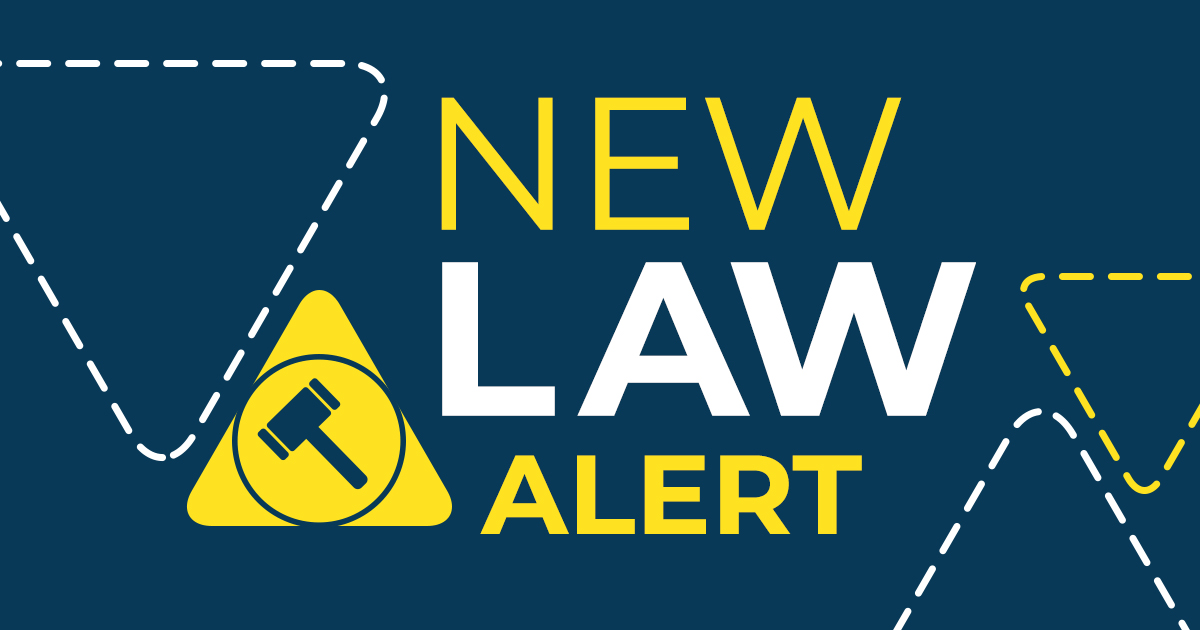In an effort to create a more uniform standard for New York’s Environmental Remediation Programs, the New York State Department of Environmental Conservation (NYSDEC) signals the inception of new regulations based on recent research findings on contaminants of concern and 2015 Environmental Conservation Law. The NYSDEC is in the process of proposing revisions to the State’s regulations for the clean-up of contaminated sites (6 NYCRR Part 375) and establishing Soil Clean-up Objectives (SCOs) for the following contaminants:
- Perfluorooctanoic acid (PFOA)
- Perfluorooctanesulphonate (PFOS)
- Aniline
- Nitrobenzene
New York became the first state in the country to designate PFOA and PFOS as hazardous substances in 2016. PFOS and PFOA are fluorinated organic chemicals that have been extensively used in manufacturing consumer goods due to their fire resistance and oil/water repellent properties. These substances not break down easily so they remain in the environment long-term. Available studies indicate that exposure to elevated levels of PFOS and PFOA may cause adverse health effects including fetal development problems, liver damage, immunological impacts, and certain cancers. Nitrobenzene is used to manufacture aniline, a compound used in plastics, explosives, and dyes. Both aniline and nitrobenzene are highly toxic.
In addition to the new SCOs, the requirements for the State Superfund Program would be expounded, introducing a revamped scope for contamination, change of use, responsible party, and daily field activity reporting clauses. Changes are also proposed for the Brownfield Cleanup Program (BCP) and the Environmental Restoration Program (ERP).
Under the proposed provisions, time frames for dispute resolutions and payments are clarified and details on approved Work Plan requirements are established in Subpart 375-1. Changes to the State Superfund Program in Subpart 375-2 include updates on requirements for sites to be delisted and the DEC’s eligibility for paying estimated costs in advance of anticipated work. The updates to regulations in Subpart 375-3 clarify eligibility requirements (section 375-3.3) for the BCP. Class 2 Superfund sites are now eligible for the program if there is no viable responsible party and requirements for Tangible Property Tax Credits (TPCs) eligibility are included. The proposed changes to the ERP are marginal.
The public is invited to submit written comments on the proposed rulemaking through 8:00 p.m. on April 21, 2022. Written comments can be submitted as follows:
– By mail to NYSDEC – Division of Environmental Remediation: 625 Broadway, Albany, NY 12233-7012, attention: Jenn Dawson; or
– By Email to derweb@dec.ny.gov with the subject line “Comments on Proposed Part 375”
The public is also encouraged to attend the online public hearings to be held on the Webex Events platform:
- Date: Tuesday, April 5, 2022
Time: 2:00 PM
Attendee Link (Leaves Walden’s website)
Meeting Access No: 2348 402 6653 #
Event password: Apr5-2PM
Audio Access Dial: 518-549-0500
Enter Meeting Access No: 2348 402 6653 #
- Date: Thursday, April 7, 2022
Time: 5:30 PM
Attendee Link (Leaves Walden’s website)
Meeting Access No: 2349 146 7463 #
Event password: Apr7-530PM
Audio Access Dial: 518-549-0500
Enter Meeting Access No: 2349 146 7463 #
The proposed revisions to New York’s remedial programs will assist in revitalizing and protecting communities. Walden is committed to helping clients navigate new regulations and our experienced team of engineers and environmental scientists can help. For information on the proposed rulemaking and how this might impact your property, contact us today at 516-559-6976.

